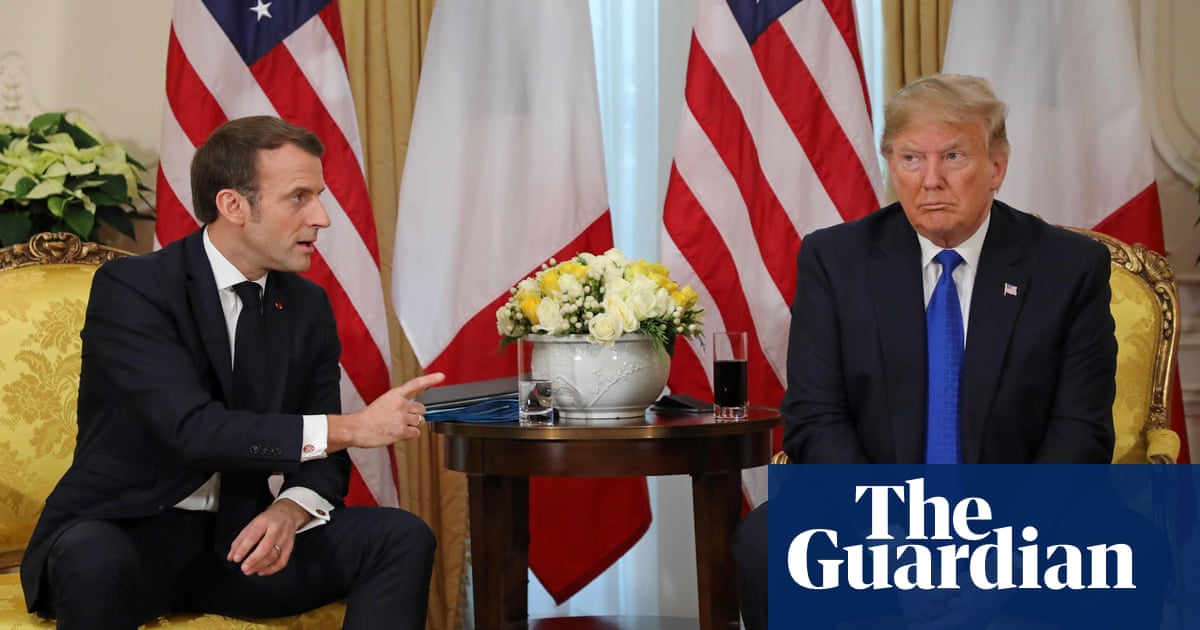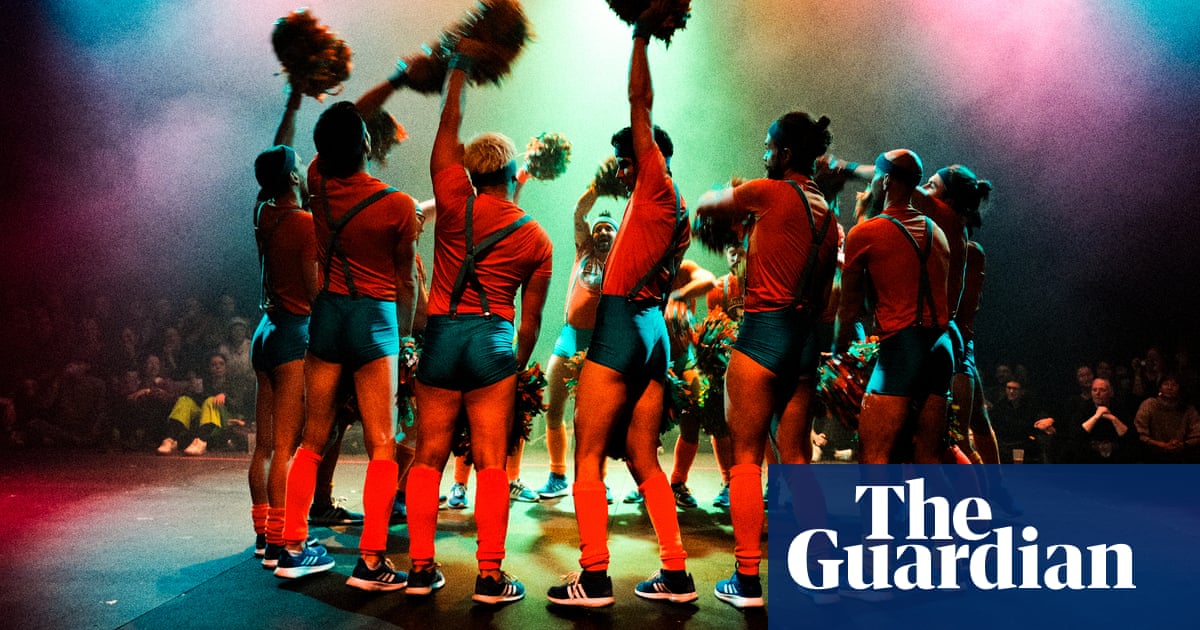Halhul, occupied West Bank – Like kids the world over, Naji al-Baba dreamed of becoming an international football player, “just like Ronaldo”.
But – like his name, which means “survivor” – that was not to be the fate of a boy born in the occupied West Bank.
Tall for a 14-year-old, Naji was always smiling and his family remember his kindness, calmness and helpfulness to everyone around him.
He was passionate about football – practising for hours at the sports club in Halhul, just north of Hebron.
A normal boy who loved to knock a football around with the neighbourhood children after school.

His mother, Samahar al-Zamara, remembers the moment she realised Naji had grown taller than her and how he never refused a request from a friend or loved one
“He grew up before his age,” the 40-year-old says. “When he left us, I felt that I lost a part of me that we’ll never get back.”
One month ago, Naji was killed by Israeli soldiers while he was doing the thing he loved – playing football with his friends.

November 3 – the day Naji died – didn’t seem unusual, his father Nidal Abdel Moti al-Baba, 47, tells Al Jazeera.
“I went in the morning to work in Bethlehem and Naji went to school. When I returned from work at 12 noon, I found Naji near his school, leaving for home. He got into the truck with me to return home together.”
Naji’s sisters had prepared his favourite meal – molokhia with chicken – for lunch. Afterwards, he asked his father to let him go out to play with his friends near his grandfather’s grocery store, which is close to their home.
Naji was the fifth of six children, after Sondos, 23; Bashir, 21; Amira, 20; and Mohammed, 16; and ahead of Rataj, 13.
He checked in at home after half an hour – a little after 3pm – and then set off to play again.
It was the last time the family would see him alive.

‘The most difficult 40 minutes of my life’
Just moments later, at about 3:30pm, Naji’s cousin ran to the house, shouting: “Uncle Nidal! Uncle Nidal!”
The family listened in horror. Israeli soldiers had arrived and started shooting at the children playing in a nearby wooded area – and Naji had been hit, he said.
Desperately hoping he was merely injured – as many have been since the increase in illegal Israeli settlements and incursions by Israeli settlers and the army across the West Bank since Israel’s war on Gaza began – Naji’s father and uncle Samir rushed to the spot where a cluster of Israeli soldiers was standing.
“I want my son! I want my son!” Nidal screamed before about 10 soldiers turned on him and his brother and beat them so violently they broke Nidal’s hand.
As he continued to demand to see his son, he was handcuffed, tied up and left on the ground for more than 40 minutes.
The most difficult 40 minutes of his life, Nidal says now.
“I heard an officer ask the soldiers to stand in two teams, five on the right and one on the left to carry the body.
“That’s when I started screaming: ‘How can you kill a 14-year-old child? What did he do to you? What did he do to you?’”
One of the soldiers replied that Naji had been in an area Palestinians are forbidden to enter.

In this confusion: “For a moment,” Nidal says, “I thought: ‘Maybe this child isn’t my son.’
“I watched him being carried on the soldiers’ shoulders towards an army vehicle and… I could see it was Naji.
“I recognised him from his shoes which I had bought for him only days before; a pair of black trainers he had longed for. All I could think about was how happy he was when I bought them for him.”
The soldiers took Naji’s body away and ordered Nidal and Samir to leave immediately or they would be killed.
The family found out later that a Palestinian ambulance was called after two hours and his body was handed over and taken to Halhul’s Abu Mazen Hospital overnight
The forensic medical report found that Naji had been hit by four bullets – one in the pelvis, another in the foot, the third through his heart and the fourth in the shoulder.
It also found that the boy was left for 30 minutes without medical attention after being shot.
The next morning, Naji’s family were able to visit the hospital to prepare him for his funeral.
Despite his broken hand, Nidal insisted on carrying his son’s body on his shoulder for the funeral, which was attended by hundreds of people from Halhul.
Al Jazeera contacted the Israeli Ministry of Defence for comment regarding the killing of Naji al-Baba, but did not receive a response.

Remembering Naji
The family was devastated and could not speak to anyone for nearly a month.
In happier times, Naji was the one who took care of his family – fetching blood pressure medicine for his father and keeping an eye on the doses.
“I have 20 grandchildren, but he was the most loving among them, affectionate, supportive and helpful,” his grandmother Intisar al-Baba, 70, remembers.
In the winter, she says, Naji would keep an eye on the firewood and rush off to collect more without being asked.
“He would take care of everything like a man of 30, and he would always ask me for his favourite, traditional dishes – always wanting to eat with me and his grandfather so that we wouldn’t feel lonely.”
Now, she cries at the times of the day Naji would have been around.

Nasser Merib, 61, a manager at Halhul Sports Club nicknamed “Captain”, remembers the skilled footballer with “a strong right foot” and a talent for headers.
“He really raised the level of the team in matches,” he says. “He was ambitious and dreamed of becoming international like Ronaldo.”
A dream ripped away by four bullets, Captain says.
His friend and teammate Reda Haniehn recalls jostling with Naji over who would take the free kicks during matches.
“He was the tallest… and he laughed a lot,” Reda says.
“I would usually concede because I always knew Naji would take the shot better than me. Every time he scored a goal, he would run up to me and we would celebrate.”



Leave a Comment